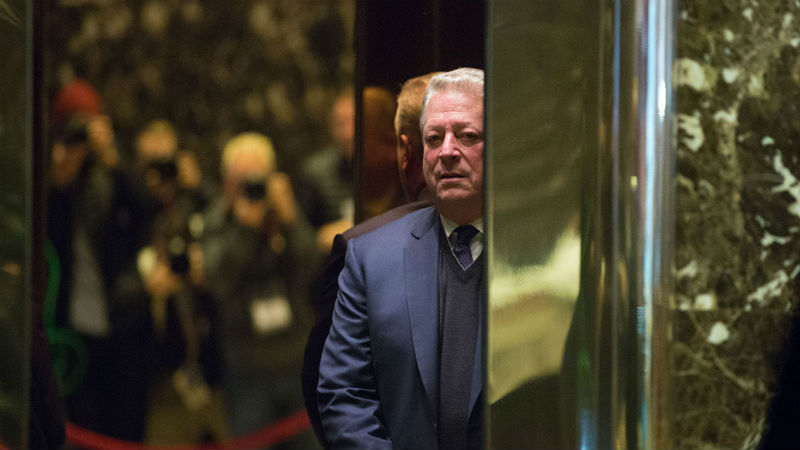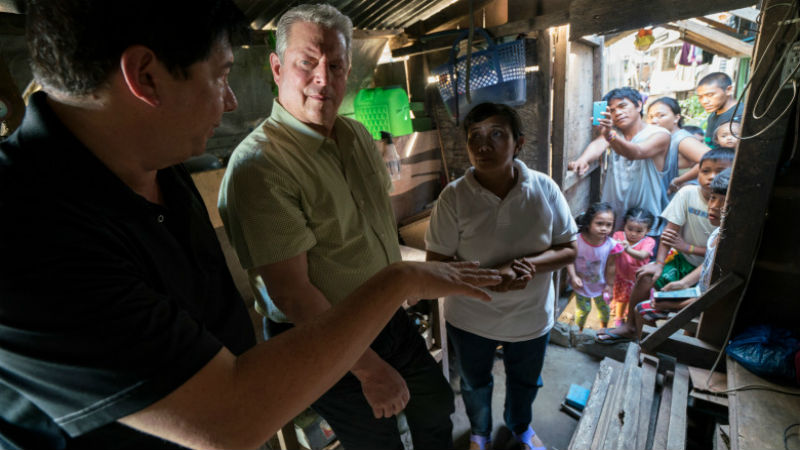QUICK SNAP: LIVE FROM TALLINN
Watching the German hybrid documentary-fiction feature Solastalgia, I found myself thinking about this past summer’s oppressively uncomfortable heat – worryingly the ongoing escalation of the effects of climate change.
It was obviously the roar of mother nature, an unconscious response to the man-made climate crisis. I stress the words “unconscious response” because of how prone humanity is to paranoia. How often have you heard hurricanes or tsunamis spoken of as though they were the actions of a being with free will? If you listen to enough people talk, there’s the belief that nature is out to get us.
Humanity is adept at projecting our own consciousness onto nature. Instead of confronting the crisis that’s accelerating the inevitable catastrophe, that will deny current and future generations a future, we reverse the roles of protagonist and antagonist. We absolve ourselves of our hostility towards the planet, and fail to see the crisis for what it is – a violent act of self-harm. It’s fitting that Munich and Berlin-based freelance director, writer and cinematographer Marina Hufnagel’s film is playing in competition, in the Rebels with a Cause strand at this year’s PÖFF. A vital and urgent film that wears its activist ideology on its sleeve.
The plot sees activist Edda, played by actress Marie Tragousti, seeking refuge on the North Frisian island of Pellworm, the real-life home of Sophie Backsen, a young farmer who is suing the German government for her right to a future. It’s no coincidence that Edda chose this island off the northern coast of Germany. Distressed by the realisation of the inevitable destruction of the planet, she seeks solace or a connection in a place directly under threat from rising sea levels. Archival footage of activist protests, a virtual press conference with Sophie and others are married with Ebba’s fictional presence to create an hybrid and experimental work of documentary and fiction.
Solastalgia is not driven by narrative intentions, instead it’s Hufnagel’s intent to create a space for her audience to enter the film and reflect. The intriguing question that looms over the film is what does Ebba represent? Has she given up? Is seeking refuge on Pellworm a retreat? The answer is that Ebba and Sophie are two sides of the same coin – thought and action. One represents activism through action, the other contemplative and personal activism by initiating change, and honouring one’s ideology.
The narrative threads of these two women seem to disappear and reappear as though we’re watching the tide come in and out over the sand. It’s an impression created by blurring fiction and documentary, where the audience are positioned as a pendulum, in what seems a back and forth motion between reality and fiction. The truth is that throughout it’s a narrative work. Sophie and others sue the German government, and a landmark ruling is a direct result of their efforts. Meanwhile, Ebba’s tense and distanced relationship with her sister offers a familial dramatic arc. Yet the film’s captivating touch is that it transcends an awareness of narrative.
It can be seen as an ethereal experience within the cinematic form, an extension to how reality and narrative are intimately woven together. After all, are activists not the authors of the movement, or the story to protect the rights of a generational future? Hufnagel, herself a former activist, turns to art as a necessary tool to cultivate an informed conversation around the climate crisis. She dredges up uncomfortable truths about the immediate future, reminding us that we’re standing on a precipice. We cannot afford the cost of failure through human ignorance or indifference.
Addressing how the climate package by the German government at the turn of this decade was not enough, and the necessity of an international combined effort with impactful targets, she exposes the irony of the crisis. How can humanity, preoccupied by a fear of death, be so neglectful, and worse still, indifferent?
It’s a question she attempts to answer in Ebba’s voiceover narration, but it’s not so much an answer she offers, as an acknowledgement that compels anguish – a realisation that the planet deserves better than humanity could ever offer.
The heart of the film exposes the detrimental effect of capitalism – the avarice of humanity, and our unwillingness to compromise, to sacrifice the way we’ve lived for a sustainable future. This is emphasised in Ebba’s conversations with and reflections on the relationship with her sister, who symbolises a detachment from the crisis, and the resistance to rethinking how we live to create this sustainable future. In one evocative moment, Ebba is sat against a picturesque backdrop and her voiceover laments, “The 20th century seems like a series of questions to which we have given the wrong answers. We are following “business as usual”, instead of pausing for a moment to figure out what the future could look like. “Business as usual” won’t bring us any solutions. Nobody wants to live like that. At least, I don’t.”
Solastalgia is a treatise on humanity’s orchestration of its tragic demise. A captivating experimental work of art, it’s an equally important warning about the fast expiring choice humanity has to preserve a future. It just premiered in the Official Competition of the 26th Tallinn Black Nights Film Festival.












